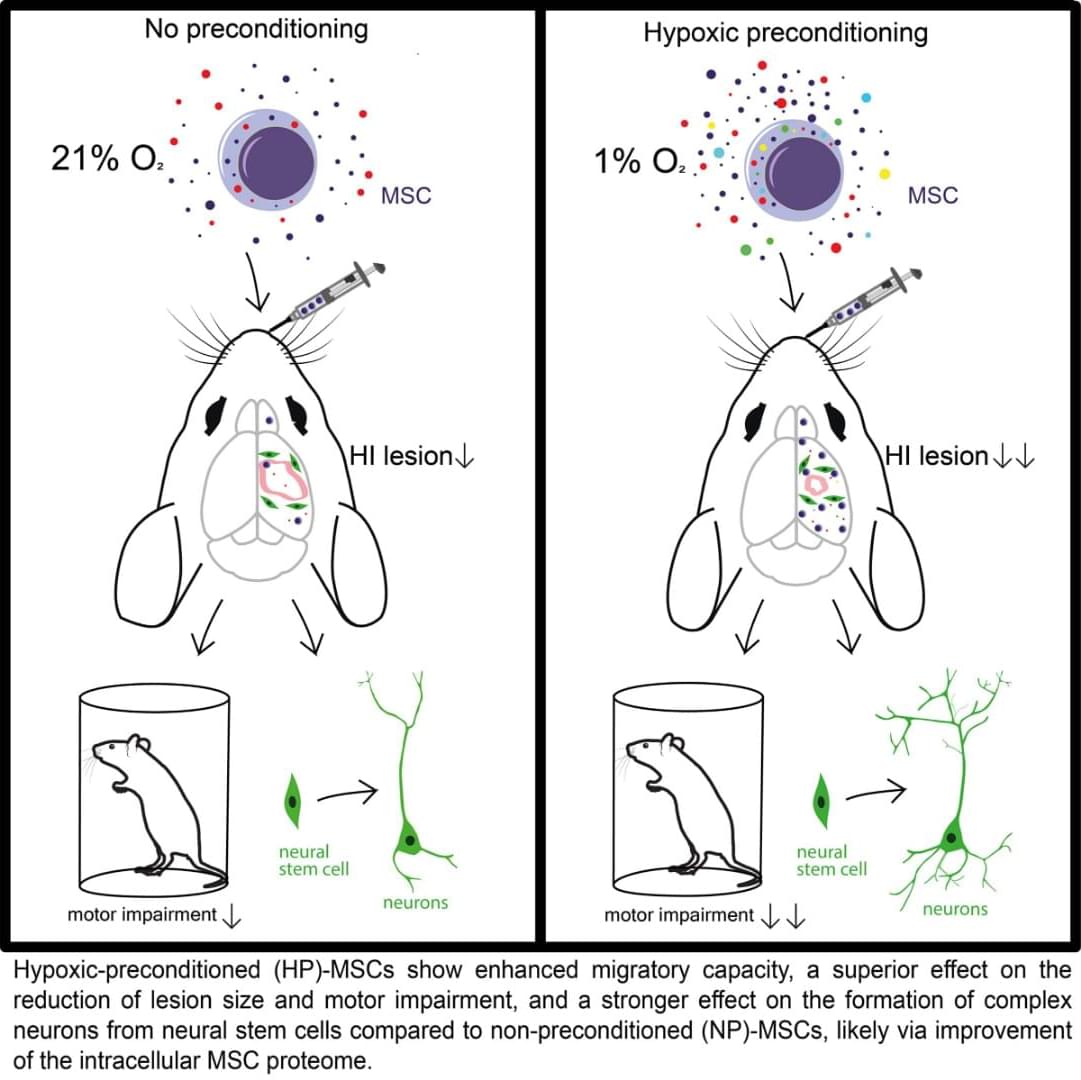About 20% to 35% of the population suffers from chronic sleep disorders—and up to half of all people in older age. Moreover, almost every teenager or adult has experienced short-term sleep deprivation at some point. There are many reasons for not getting enough sleep, whether it be partying, a long day at work, caring for relatives, or simply whiling away time on smartphones.
In a recent meta-study, Jülich researchers have now been able to show that the brain regions involved in the short-term and long-term conditions differ significantly. The results of the study were published in the journal JAMA Psychiatry.
“Poor sleep is one of the most important—but changeable—risk factors for mental illnesses in adolescents and older people,” says Jülich researcher and Privatdozent Dr. Masoud Tahmasian, who coordinated the study. In contrast, long-term pathological sleep disorders, such as insomnia, obstructive sleep apnea, narcolepsy, and short-term sleep deprivation, are located in different parts of the brain.
